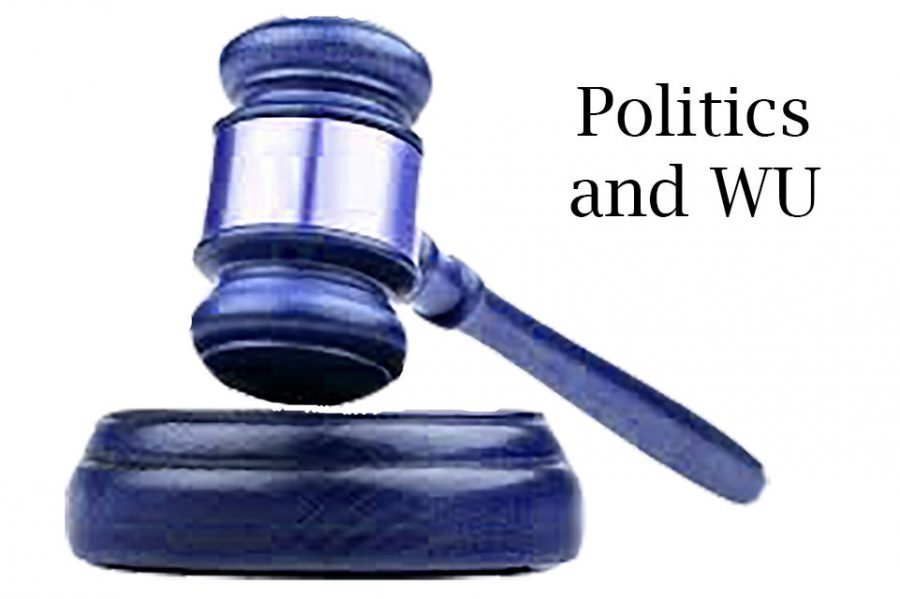Temporary solution given to Kansas public school funding
July 6, 2016
Gov. Sam Brownback signed a bill June 27 that would increase aid to poor school districts. This piece of legislation was signed off by the Kansas Supreme Court June 28.
Both the legislative staffers and Brownback moved with speed to ensure the meeting of the June 30 deadline.
The acceptance of this legislation ended the present threat that any public school in Kansas could be shut down.
The legislation had broad support from democrats and republicans alike, when it was passed.
This act will improve the aid provided to poor school districts by $38 million for the 2016-2017 school year alone and took effect July 1. This will be done by redistributing income from the wealthier districts and bringing the funds back to other branches of the state government, because the state of Kansas is still facing continual financial issues.
“The loss of public school funding, in my opinion, will mean a movement towards more segregated schooling and a system where education is not provided for everyone,” said Melanie Burdick, director of the Center for Teaching Excellence & Learning.
If the bill had not passed, it is very likely that public schools would have been greatly weakened.
“In the place of public school funding, some politicians would rather shut down or further weaken public schools and then support vouchers for private schools and/or charter schools,” Burdick said The important thing we must remember is that public schooling was created to support our democracy by having an educated citizenry.”
The lack of an overall plan thus far for the Kansas public education system has already shown dramatic results for some school districts. Jason Hagg, theatre and debate teacher at Desoto High School, explained the effects he has already seen from the budget crisis.
“I’ve seen consolidation of classrooms in order to stretch the growing numbers of students,” Hagg said. “I have seen teachers let go or move to other districts and those open positions not being filled. Hiring of younger, less experienced teachers because of salary differences in order to save money. Activity budgets are getting trimmed more and more every year. Parents are being asked to help out financially more than ever.”
Although this is the solution to the big education funding issue in our state, the problem has not completely eliminated itself. By early next year, the court will evaluate if the state is spending enough money on its schools as a whole. However, the court didn’t say when it would be scheduling a meeting to discuss the evaluation.
“Kansans who do not have kids or whose kids have grown should also make their voices heard,” Burdick said. “Right now teachers and other educators cannot easily speak out because they can be fined for some publicly presented opinions. They need the help of other Kansans.”



